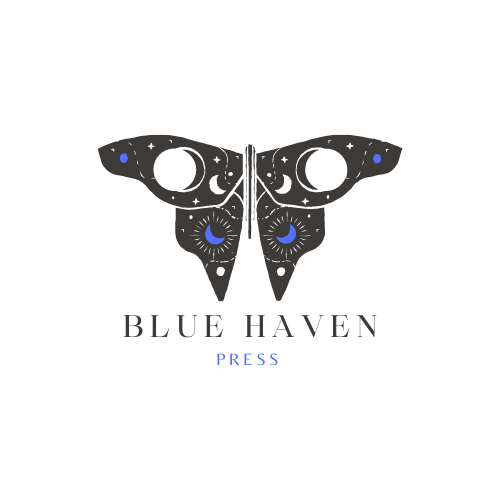
How and why does a Cree become a “bad” Cree. Johns explains in this, her debut novel, but be forewarned. You’ll need to sit back and hold on because this story will catch you like a crow’s claw to the gut and drag you through the elements.
Bad Cree is the story of a beautiful family from northern Alberta and how they cope with life and death. It’s a story of grief, longing, love, and connection with moments so deep, dark, and visceral, one night I dream I’m trapped in a watery shed at the bottom of a black and frigid lake, and my only escape is to awaken. Can you imagine drowning in your sleep while you’re dreaming? Johns can. Still, there are other moments I feel embraced. Like I’m slipping into a soft, warm, vat of mac and cheese or enfolded into an auntie’s loving arms.
When we meet Mackenzie, she’s living in a small bachelor apartment in Vancouver and working at Whole Foods with her Two-Spirited friend, Joli. She’s been estranged from her family for years, since her kokum died. She couldn’t handle “the never-ending lonely that hung in the halls and in every corner” (76.) Then her big sister Sabrina died, and she was unable to go home for the funeral.
Now, she’s plagued by dreams where she appears dressed in whatever she happens to be wearing when she nods off. And she’s bringing things back. First, a spruce branch she’s ripped from a tree, and then a bloody crow’s head. Crows are following her through Vancouver alleys and beaches. Are they allies or enemies? She ignores all of these messages until she starts getting texts from her dead sister. “You know who this is. You’re not listening.” Does that give you chills? It’s only the beginning.
Just when things have reached their desperate peak, Auntie Verna calls and Mack confesses everything. “Am I a bad Cree?” Mack asks. “I think you need to come home” (80) Auntie replies. The two-thirds of the story that follow immerses us in Cree life and tradition in a home filled with aunts and uncles, love and laughter, vats of comfort food, crib and poker, an array of cousins, and of course, Mack’s mom and dad. They live in High Prairie, where Johns grew up. Here they live in relationship with the land and the ancestors, with their dreams and memories.
But what about Sabrina? On one level this is a mystery where Mackenzie, her sister Tracey, and her cousin Kassidy try everything imaginable to discover what happened to Sabrina. Be forewarned: There is a creature, a monster born of greed, and the climax reads like a Stephen King horror story.
Johns says this is a story of generational trauma and magic. Kokum (Mack’s grandmother) was stolen away to residential school, as was Mack’s mother and aunties. This healing from the violence inflicted on them is a burden foisted upon Indigenous families. But there’s also magic afoot here. Johns wants people to know that Indigenous People are more than just their trauma. And there are other big themes. References to the extractive industry and the devastation left behind from oil drilling create ecological grief.
Reading Bad Cree, I’m reminded of Métis-writer Cherie Dimaline’s Emperor of Wild, Maggie Stiefvater’s Dreamer Trilogy, and Eden Robinson’s Trickster Series. In fact, Johns attended Banff Centre in 2019 for a writing residency, where Robinson was one of the instructors. Robinson read an earlier version of Bad Cree (which began its life as a short story) and told Johns to “go deeper and go darker.” This, she has done. The text is stippled with Cree words that mean more than can be explained in simple English. It’s a story teens will devour and adults remember. Johns says she wrote it because there was nothing like this for her to read when she was younger. It’s brilliant—a riveting peek into Cree life and culture that rides the genres of horror and coming of age stories.
Jessica Johns is a queer Cree auntie from Sucker Creek First Nation in Treaty 8 territory in Northern Alberta. Bad Cree, her debut novel, was shortlisted for the Amazon First Novel Award, won the MacEwan Book of the Year award, and is on the 2024 CBC Canada Reads long list. It should have won more. Johns is a visual artist and published poet. She combines all her talents to create a lyrical voice that will pluck you from your easy chair and take you on a journey. Don’t make the mistake of calling it fantasy. It’s not.
As reviewed in the Ottawa Review of Books, Nov 2024



It sounds very interesting!